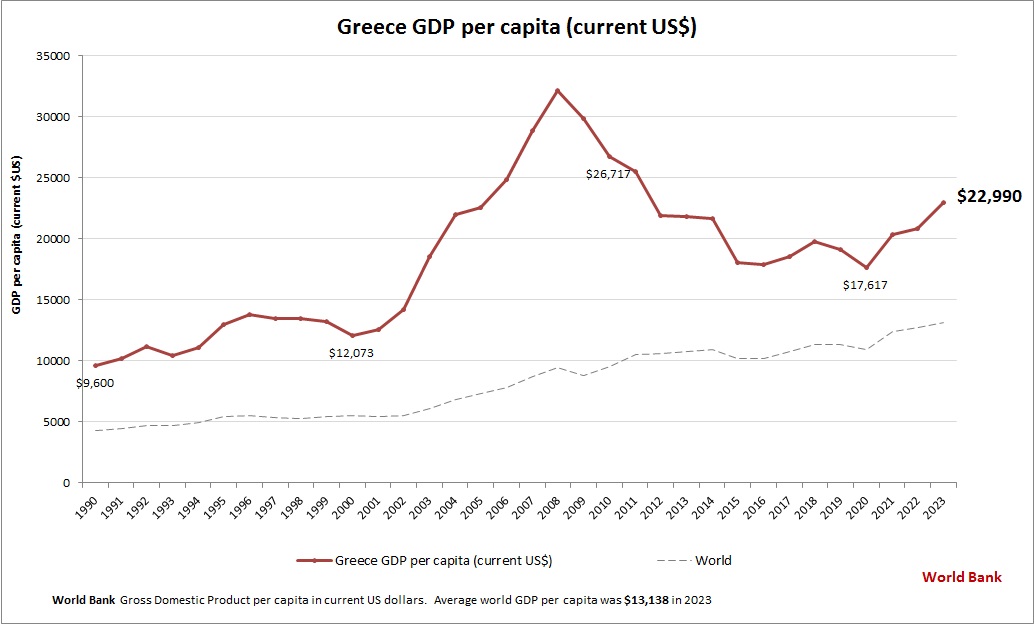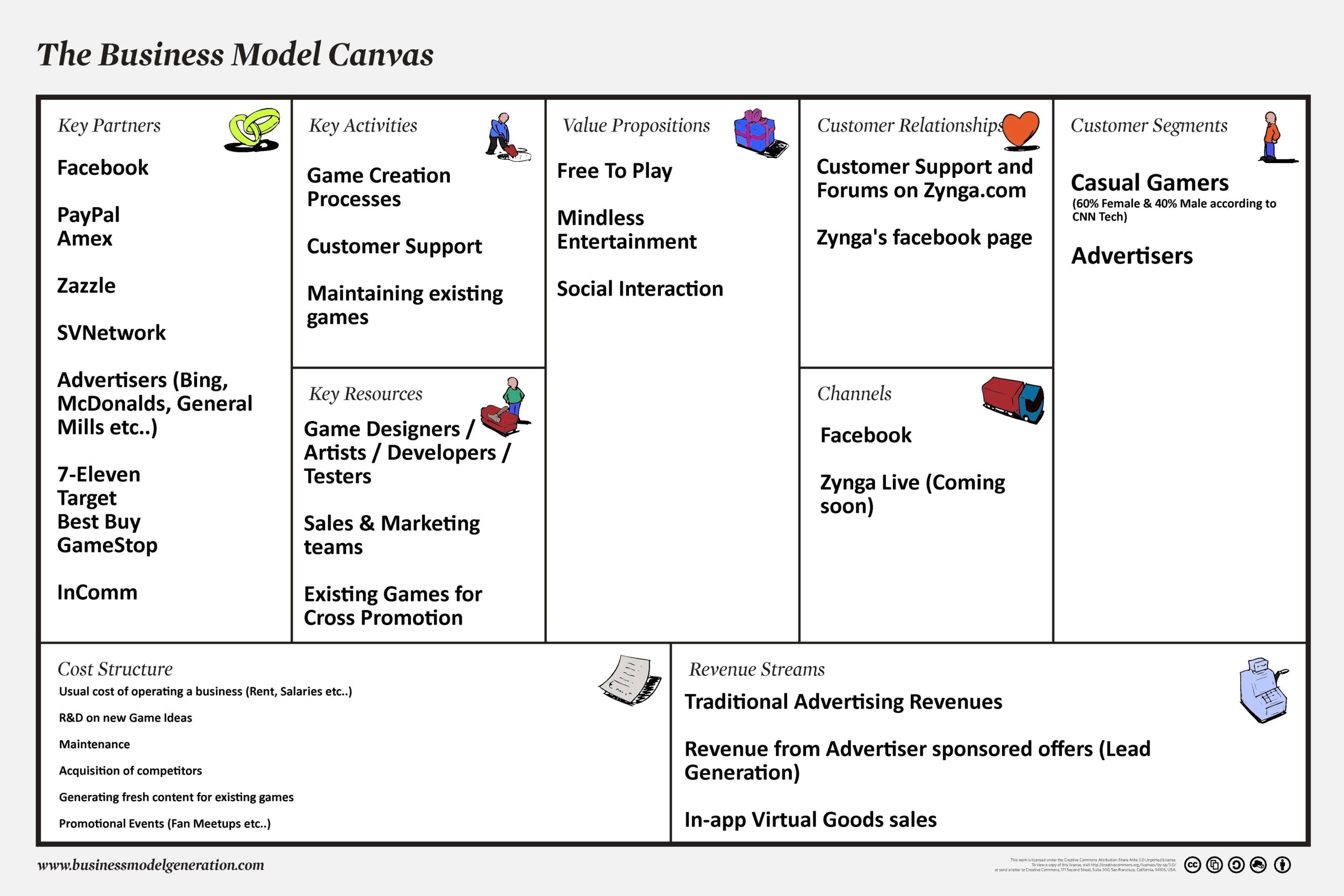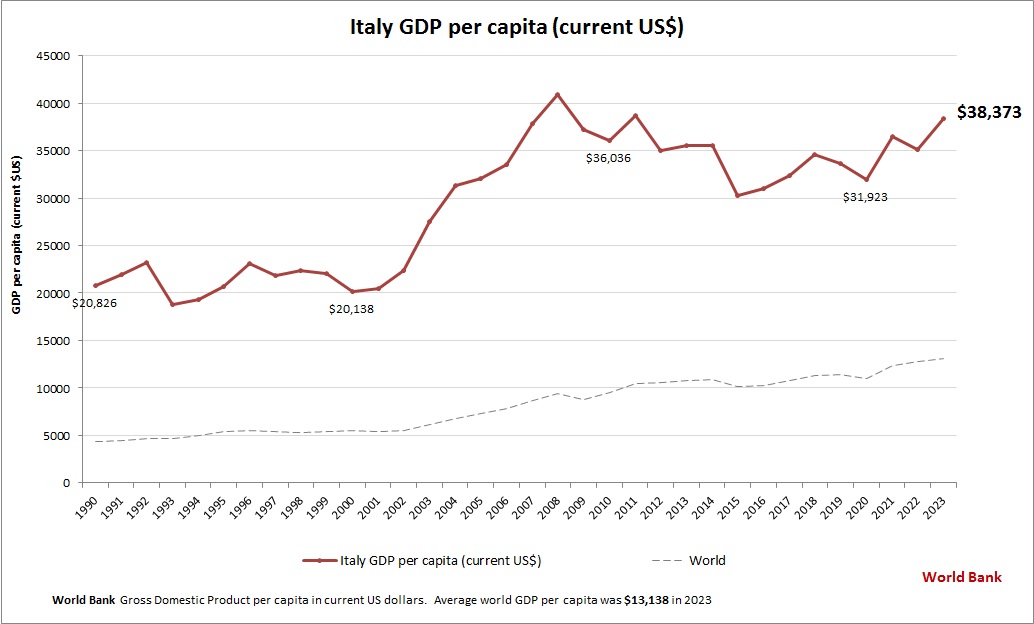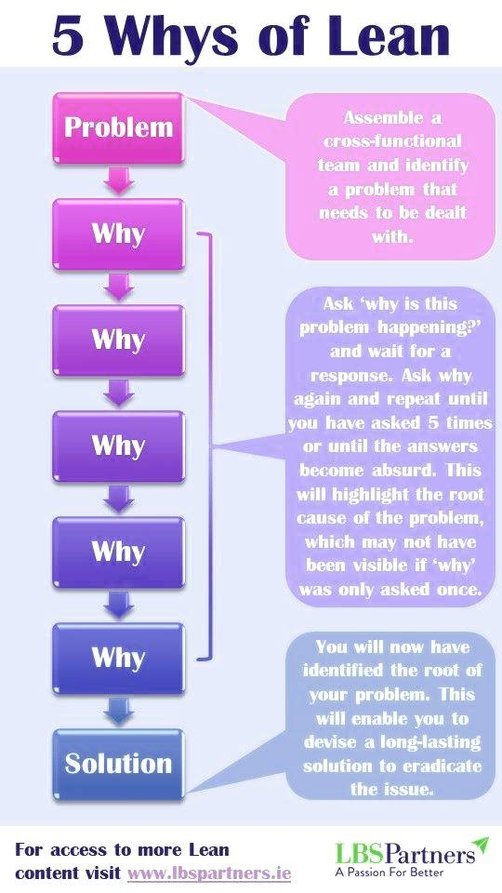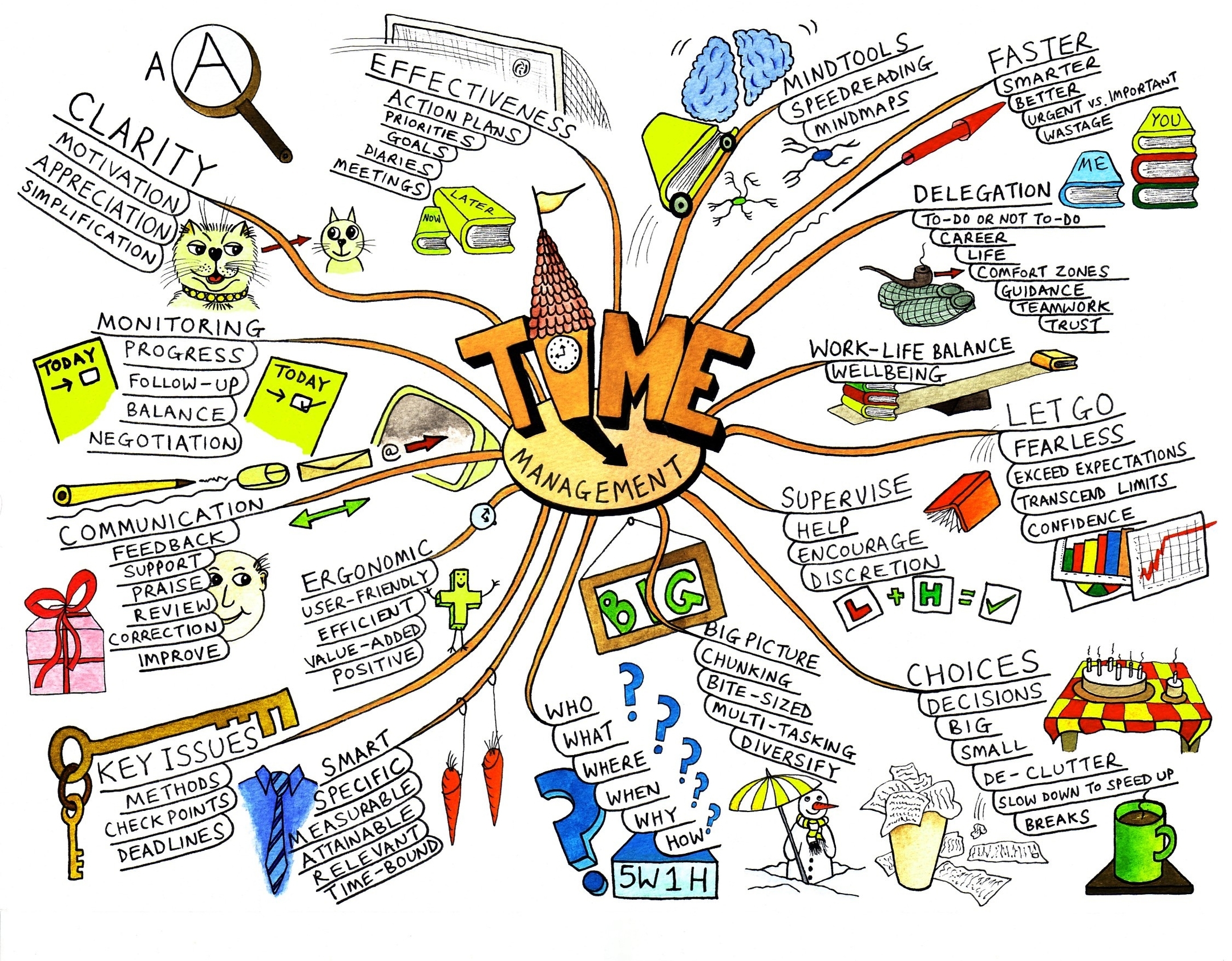
4 Steps Business Powerpoint Strategy Diagram

4 Steps Business Powerpoint Strategy Diagram: The 4 Steps Business PowerPoint Strategy Diagram outlines the key stages of developing a business strategy. It typically includes stages such as defining objectives, analyzing the market, implementing strategies, and measuring outcomes, helping businesses execute their plans effectively.



